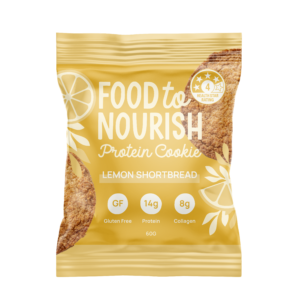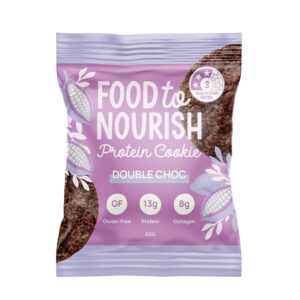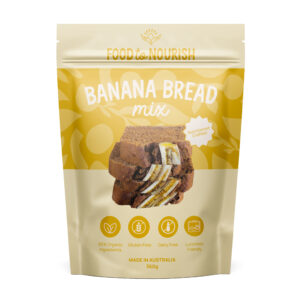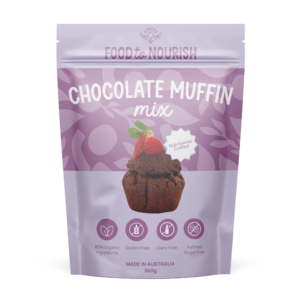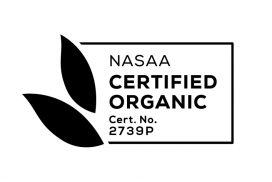with Nutritionist Danielle Minnebo
There are many elements of our traditional diet that have been lost in today’s fast food world. Rarely do we slow braise a stock on the stove or ferment jars of vegetables to keep for winter stores. While the convenience of refrigeration, freezers and 24 hour supermarkets might offer us many perks, we also loose a lot of benefits. Regularly consuming fermented foods helps encourage a healthy eco-system of probiotics in our digestive systems. Without this thriving eco-system we are in a world of trouble.
So what are probiotics?
Our guts literally contain billions of probiotics, which are made up of a variety of different of bacteria and yeasts. Did you know that the human digestive system contains over 400 different species of bacteria and yeast? On average, an adult human carries about 3 to 4 kgs of bacterial gut flora. This represents an enormous number of bacteria.
What impact do they have on our health?
These billions of bacteria and yeasts have more of an impact on our health than most people realize. While these bacteria play a key role in digestion, such as breaking down macronutrients and assisting in the absorption of nutrients, they also a role in the following:
- Immune function: Our gut bacteria help mediate our immune function, our gut houses the bulk of our immune system, as much as 80%! In fact our guts contain more immune cells than anywhere else in the body.
- Brain and mood function: You may not be aware that you actually have two nervous systems; the central nervous system, composed of your brain and spinal cord, and the enteric nervous system, which is the intrinsic nervous system of your gastrointestinal tract. Both are created from identical tissue during fetal development—one part turns into your central nervous system while the other develops into your enteric nervous system. These two systems are connected via the vagus nerve, the tenth cranial nerve that runs from your brain stem down to your abdomen. It is now well established that the vagus nerve is the primary route your gut bacteria use to transmit information to your brain. While many think of their brain as the organ in charge, your gut actually sends far more information to your brain than your brain sends to your gut.
- Did you know that 90% of the bodies serotonin is produced in the gut? Serotonin is our feel good hormone that makes us feel happy. We are beginning to realize that the health of our guts and the eco-system of bacteria that live in our guts have a direct effect on depression. And a new focus for treating depression needs to include a gut treatment protocol.
- Produces important vitamins: The bacteria in our large intestine play an important role in producing vitamin B12, which is then absorbed through the gut lining.
What are factors in todays diet and lifestyle that impact on the growth of healthy bacteria in the gut?
There are a number of different things we may do or eat each day that have an impact on our probiotics. The following factors dramatically reduce the number of good probiotics in our digestive system:
- Frequent antibiotic use
- Alcohol consumption
- High sugar consumption
- Stress
- Low fiber diet
- Diet high in processed foods
- Gastric infections
How can we support and encourage the growth of healthy gut bacteria using our diet?
We can do this through including both pre-biotic and pro-biotic rich foods.
Pre-biotic Foods
Prebiotics are, quite simply, indigestible food ingredients that stimulate the growth and maintenance of beneficial gut bacteria. Basically the bacteria feed of the indigestible fibers present in particular foods in order to multiply and thrive. These foods are rich in pre-biotic fibers
- Onions
- Leeks
- Garlic
- Artichokes
- Asparagus
- Bananas
Probiotic Foods
Probiotic foods refer to foods that are a source of probiotics or healthy gut bacteria. This includes a lot of traditional foods that used to feature quite heavily in our diets, but unfortunately no longer do.
- Yoghurt: This is probably the most common pro-biotic food that people are aware of, but sadly people often eat the wrong type of yoghurt so they’re not getting the beneficial bacteria. You need to look for yoghurt that has been tub set and is free from added sugar, such as Yalna Yoghurt or Macro Organic Greek Yoghurt
- Kefir: This is a fermented milk drink, which originated from Turkish, Polish and Russian regions. Kefir translated means ‘feeling good’. It tastes like runny yoghurt and is very refreshing to drink or add to smoothies. Like yoghurt it is rich in plenty of beneficial bacteria. Look out for brands such as Babushka Kefir, which you can purchase from most Harris Farm stores.
- Cultured vegetables: Examples include fermented cabbage such as Sauerkraut or Korean Kimchi. Look for brands that have not been pasteurized, such as Kitsa’s Kitchen, Byron Bay Peace and Love Vegetables, and Life in a Jar Sauerkraut.
- Kombucha: This is an ancient Japanese green tea, which is fermented with a culture and cane sugar. It produces a very tasty sweet and sour sparkly drink, which when served cold is very refreshing. Don’t worry about the sugar content because during the fermentation process the bacteria consume most of it! Some great brands include Mojo Kombucha or Amphore Kombucha.
The key is to ensure we include enough prebiotic and probiotic foods in our diet to help support and encourage the growth of a healthy range of good bacteria in our guts. At the same time we need to make sure we’re reducing factors in our diet and lifestyle that kill and reduce healthy gut bacteria, such as alcohol consumption and stress.


